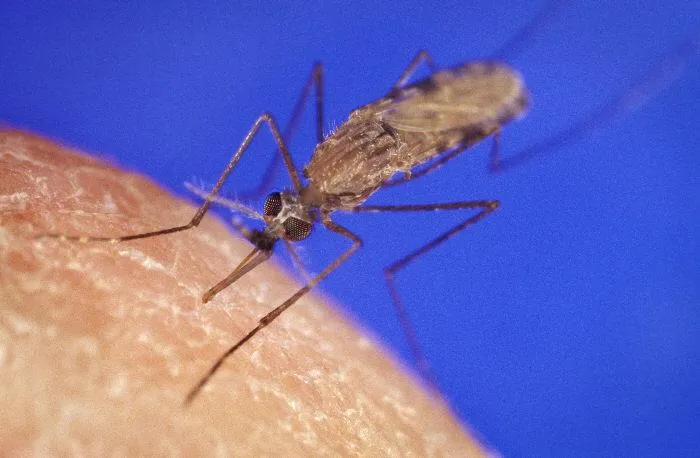New drug target identified in fight against deadly malaria parasite

Dr Tawanda Zininga, a biochemist from the Department of Biochemistry at Stellenbosch University.
Image: Supplied
Stellenbosch University (SU) researchers have identified three tiny proteins in the malaria parasite that could open the door to new treatments for the disease.
Malaria, caused by the parasite Plasmodium falciparum, is the deadliest form of the disease and remains a major global health challenge. The parasite is becoming increasingly resistant to existing drugs, according to the university.
The new SU study, published in The Protein Journal, shows that the parasite relies on three small “heat shock proteins,” known as Hsp20s, to survive its life cycle in both mosquitoes and humans.
These proteins help protect the parasite in stressful conditions, such as when it experiences temperature changes, from 22°C inside a mosquito to 42°C during human fevers.
Dr Tawanda Zininga, a biochemist in SU’s Department of Biochemistry and lead author of the study, explained that these proteins act like “chaperones,” keeping other proteins in the parasite stable and functional.
“Recent research has revealed that Hsp20s play a critical role in protein quality control within the cell, particularly under stress conditions, making them increasingly relevant as potential drug targets.
“Unlike the major larger heat shock proteins, the Hsp20s in the malaria parasite can function independently from external energy sources. In other words, while energy-dependent chaperones may otherwise be impaired under energy-depleted, high-stress conditions, the parasite’s Hsp20s remain active,” he said.
The discovery marked the first comprehensive study of these small proteins in the malaria parasite. According to Dr Zininga, disrupting the Hsp20s could weaken the parasite and offer a new way to stop its survival and spread.
“Because they serve as the final defence against protein misfolding and aggregation, especially during cellular stress, targeting Hsp20s may provide a novel and effective approach to disrupting parasite survival,” he added.

Anopheles gambiae mosquitoes carry the malaria parasite.
Image: James D Gathany
Related Topics: